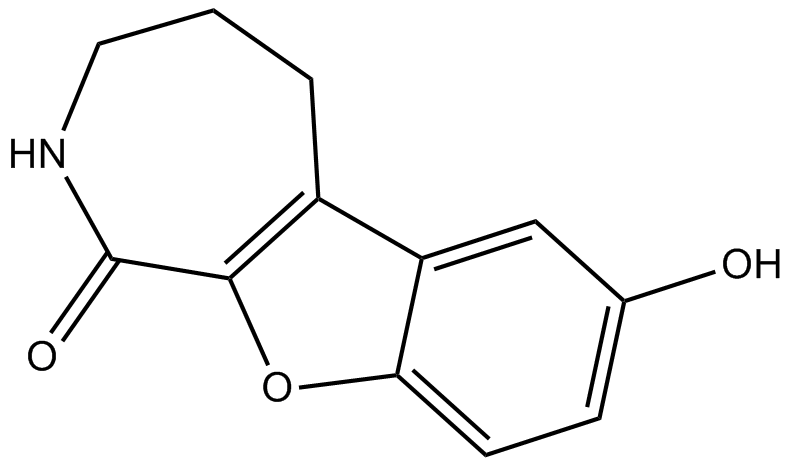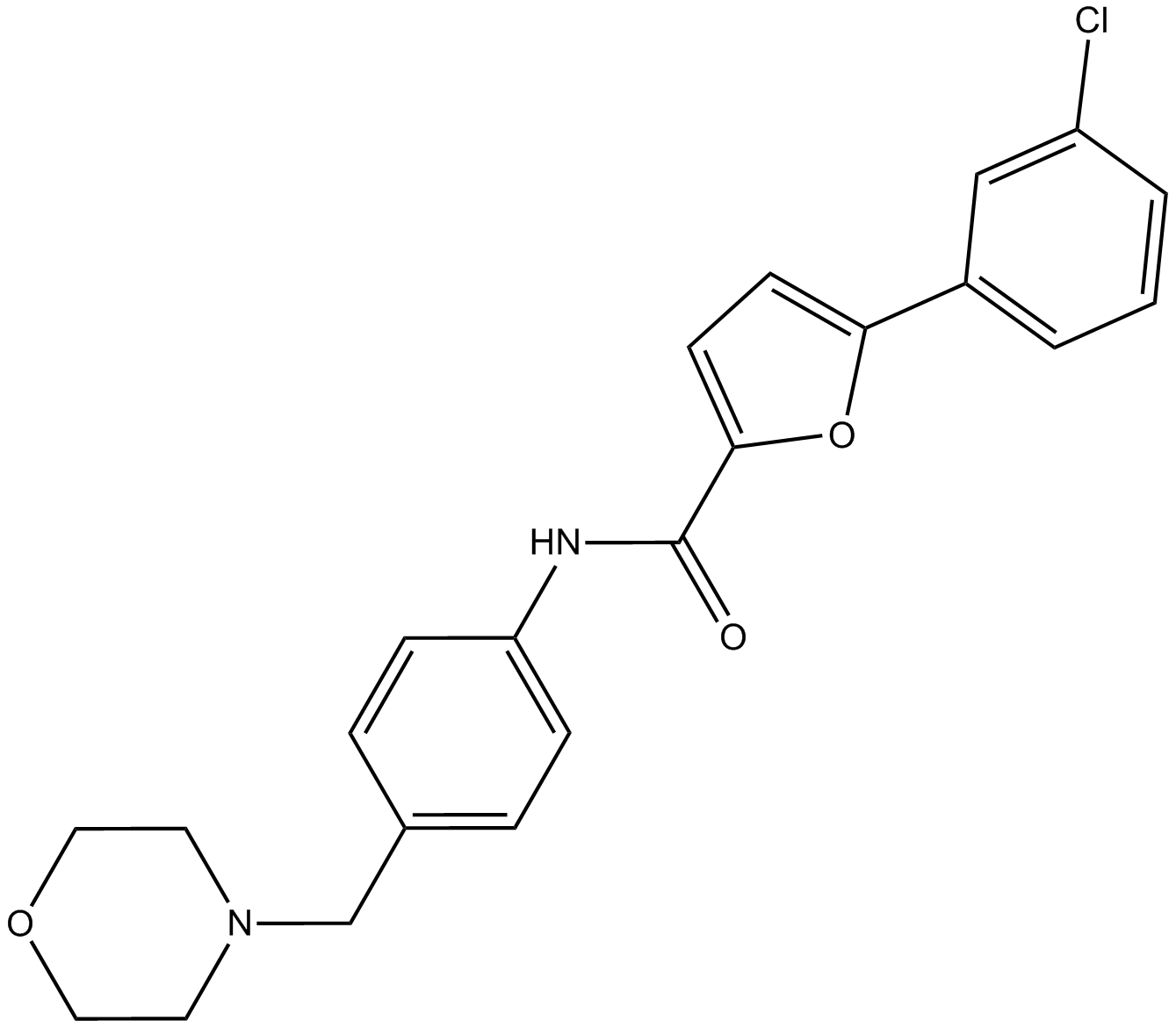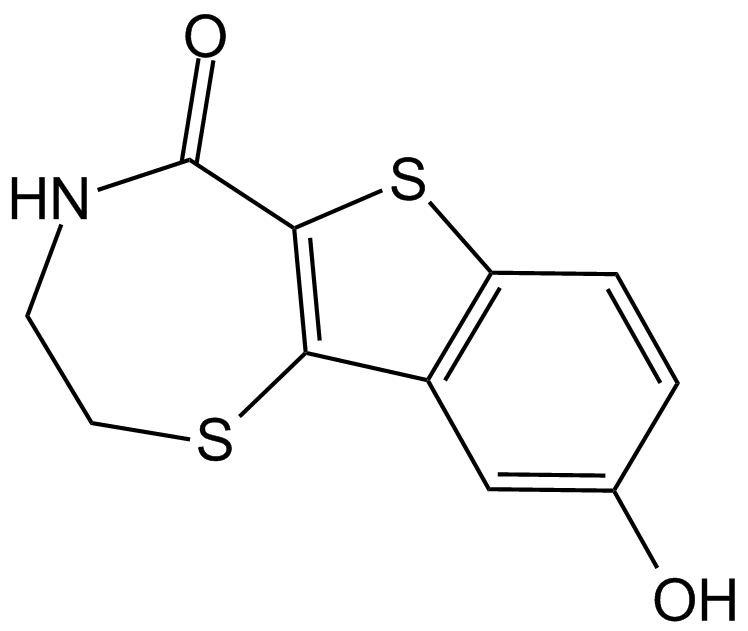PKD
Protein kinase D (PKD) are a family of serine/threonine kinases comprised of three different but closely related members of Calmodulin-dependent protein kinases, including PKD1, PKD2 and PKD3, that are involved in fission of vesicles at the Golgi compartment, coordination of cell migration and invasion, and regulation of gene transcription. All PKD protein kinases are diacylglycerol (DAG) receptors characterized by the presence of a highly conserved N-terminal regulatory domain, which consists of two zinc finger-like cysteine-rich domains, and an autoinhibitory pleckstrin homology (PH) domain. DAG is able to bind to the cysteine-rich domain of PKD enzymes, which is crucial for kinase activation.






